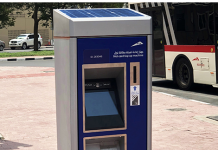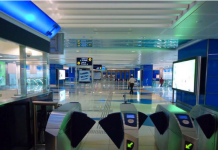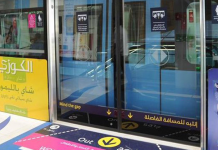Dubai International (DXB) has retained its top position in terms of international passenger traffic and third largest for total passenger traffic in 2018.
According to Airports Council International (ACI) figures released on Wednesday, the emirate’s airport handled 88.88 million international passengers last year, an increase of 1.3 per cent. Dubai is followed by airports in London (75.3 million), Hong Kong (74.36 million), Amsterdam (70.95 million) and Incheon (67.67 million).
For overall passenger traffic, Atlanta airport retained its first position with 107.39 million passengers followed by 100.98 million by Beijing airport and 89.14 million by Dubai International. Los Angeles (87.53 million) and Tokyo (87.13 million) made up to the top five busiest airport ranking last year.
ACI’s preliminary figures revealed that passenger traffic remained resilient in 2018 and is estimated to have reached 8.8 billion, growing by an estimated six per cent as compared to the previous year. This increase is above the 4.3 per cent compound annual growth rate for passenger traffic from 2007 to 2017.
In other significant findings, India became the world’s third-largest aviation market in terms of passenger throughput, behind the US and China in 2018.
“It is heartening to see that global passenger traffic growth has remained resilient in the face of an increasingly tense and challenging geopolitical climate,” said Angela Gittens, director-general, ACI World.
“Aviation is strongly linked to the global economy and to local development, however, and the protectionist rhetoric that has swept several Western countries will continue to restrain growth in the efficient flow of people, goods and services,” she said.
According to ACI, air cargo market did not fare as well as passenger traffic with a year-end growth figure of 3.2 per cent.
In terms of total international airfreight traffic handling for 2018, Hong Kong, Shanghai, Incheon and Dubai airports retained the top four positions. While Taipei overtook Tokyo to fifth positions for handling more cargo in 2018.

























